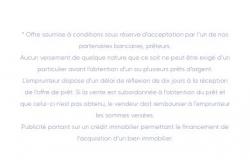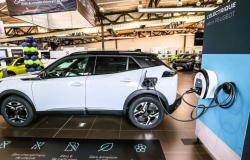The Mountain View firm seems to have found an innovative solution to play on traffic lights in order to completely (or almost) eliminate traffic jams.
The Green Light project is the name of this new initiative by Google to combat traffic jams. Because, even if a lot has been done by municipalities to relieve congestion on their main arteries, it is clear that in some large cities, such as Brussels, traffic congestion remains a major issue.
Since the project is affiliated with Google Research, it can indeed have access to data provided by the web giant, and more specifically those from Google Maps and Waze. Thanks to this, the project is able to draw up a traffic map, and to deduce the ideal duration of the traffic light cycle for each location and each time of day. Slight changes of a few seconds can indeed do wonders when it comes to traffic jams.
Because even though similar initiatives have existed for a long time, none had such precise data, because now we can count on the help of artificial intelligence in the creation of tools of this type.
According to Google, a red light optimization similar to the one proposed here would reduce the time vehicles spend on the road by 30%. And that’s not all! Because in addition to pleasing motorists, this initiative also wants to take advantage of it to reduce greenhouse gas emissions. Because, surprisingly, traffic jams are particularly involved in global warming. The initiative therefore intends to reduce greenhouse gas emissions produced near traffic lights by 10%.
Although Google is only talking about it today in a blog post, the Green Light project has already been in the testing phase for several years (since 2021 to be precise) in municipalities such as Rio de Janeiro, Boston, Seattle comma and several Californian cities. The system seems rather conclusive, and we can expect it to be deployed in other cities, for example on the old continent.
_
Follow Geeko on Facebook, Youtube and Instagram to not miss any news, tests and good deals.
Get our latest news straight to your WhatsApp by subscribing to our channel.






